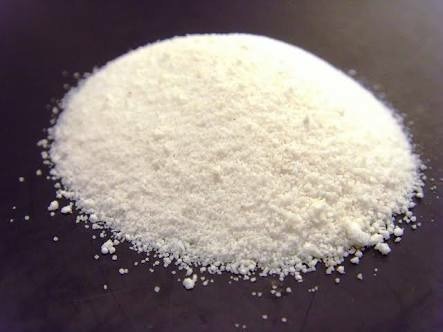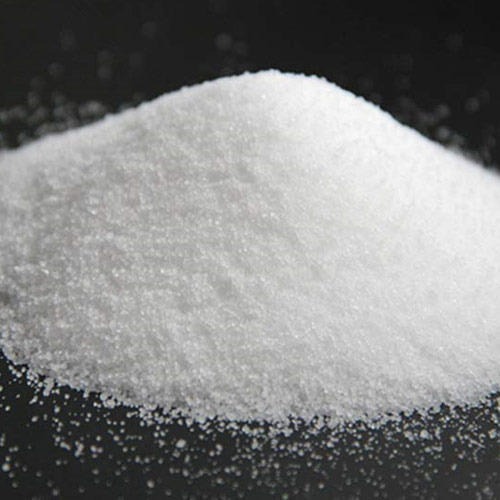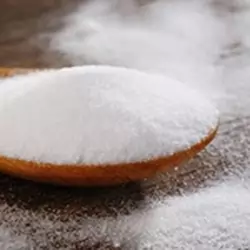Calcium Sorbate
|
IUPAC Name |
: Calcium (2E,4E)-hexa-2,4-dienoate |
|
Cas Number |
: 7492-55-9 |
|
HS Code |
: 2916.19.00.90 |
|
Formula |
: C12H14CaO4 |
Basic Information
|
Appearance Name |
: White fine powder |
|
Common Names |
: Calcium Sorbate |
|
Packaging |
: 25 kg in HDPE bag, 10 kg in non-woven bag |


.webp)


